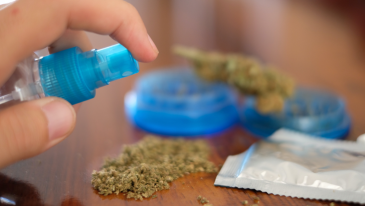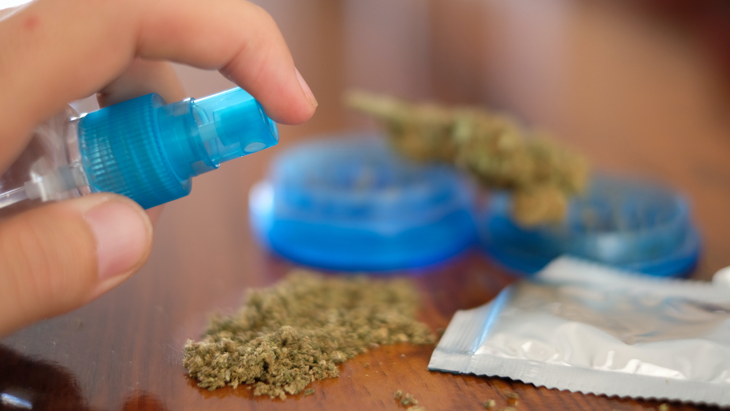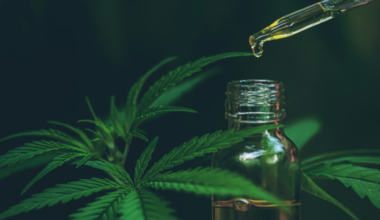
Jurisdictions that legalize adult-use marijuana access experience a sharp decline in the public’s use of unregulated synthetic cannabinoid products, such as Spice and K2, according to newly published data in the Journal of Clinical Toxicology.
NORML’s Deputy Director Paul Armentano found the study’s results to be unsurprising. “The limited popularity of these products is a predictable outgrowth of criminal marijuana prohibition. As one would expect, there exists little demand for these unregulated synthetic products in an environment where whole-plant cannabis is legal and regulated.”
Specifically, researchers identified a 37 percent annual decline in poisoning reports associated with the consumption of illicit synthetic cannabinoids in states where the marijuana was legalized as compared to jurisdictions where the plant remains criminalized.
Synthetic cannabinoids typically refer to illicitly produced cannabinoid agonists, which are added to otherwise inert herbal products. Once ingested, they interact with endogenous cannabinoid receptors to elicit certain physical and euphoric responses that are similar to some of the effects of marijuana, but that are often much more potent.
“This study shows some potential public health benefits to the legalization and regulation of adult use of cannabis,” said the study’s lead author in an accompanying press release. “Based on both past research and this current study, it’s evident that users who have a choice to use a less toxic product would potentially do so.”
The data is consistent with prior studies assessing consumers’ attitudes and self-reported use of unregulated synthetically-derived cannabis products, such as K2 and, more recently, delta-8-THC and other novel cannabinoids. For example, data published in the journal Drug and Alcohol Dependence, reported, “Natural cannabis [is] preferred to synthetic cannabis by 93 percent of users, with natural cannabis rated as having greater pleasurable effects when high and being more able to function after use.” Another study found that consumers who reported using synthetic products often did so because the products were unlikely to show up on drug tests.
Similarly, a pair of studies published earlier this year found that online searches for unregulated products containing delta-8 THC were far higher in states where whole-plant cannabis is illegal. (Although delta-8 THC occurs organically in the cannabis plant, it is only produced in nominal quantities. By contrast, the elevated quantities of delta-8 THC found in unregulated products are the result of a chemical synthesis during which manufacturers convert hemp-derived CBD to delta-8 THC.)
NORML’s Armentano added, “Amending outdated and discriminatory drug testing policies for cannabis, as several states and municipalities have wisely begun to do, will likely drive consumer demand for these unregulated products down even further, thereby providing additional public health and safety benefits.”
Full text of the study, “Synthetic cannabinoid poisonings and access to the legal cannabis market: findings from US national poison centre data 2016–2019,” appears in the Journal of Clinical Toxicology.
Related
Medical Disclaimer:
The information provided in these blog posts is intended for general informational and educational purposes only. It is not a substitute for professional medical advice, diagnosis, or treatment. Always seek the advice of your physician or other qualified healthcare provider with any questions you may have regarding a medical condition. The use of any information provided in these blog posts is solely at your own risk. The authors and the website do not recommend or endorse any specific products, treatments, or procedures mentioned. Reliance on any information in these blog posts is solely at your own discretion.






